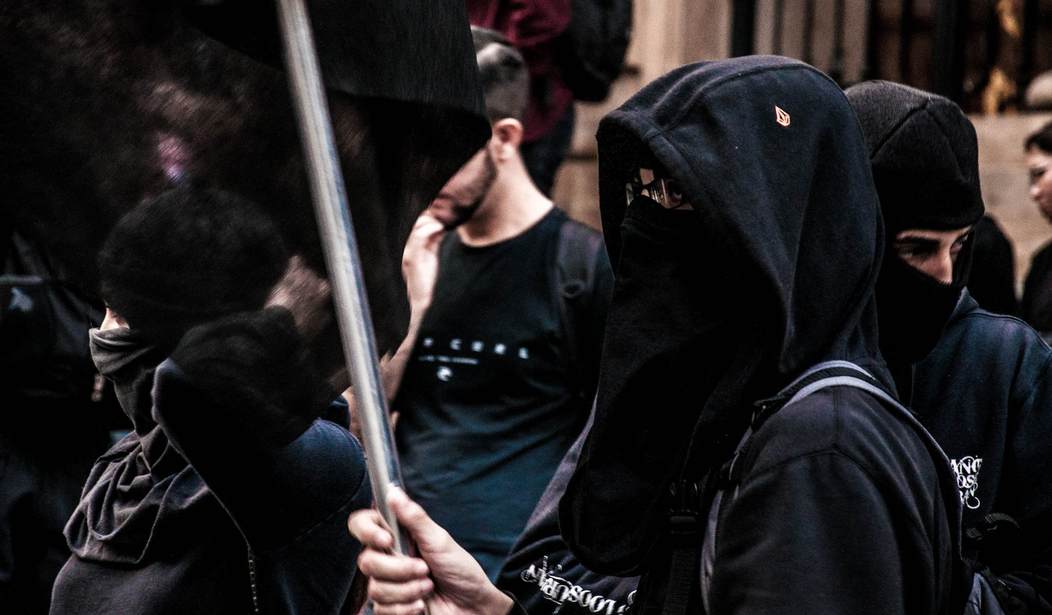It’s not surprising that many colleges are taking notice of what happened at Berkeley. A riot on a college campus isn’t a good thing, after all. Unfortunately, it sounds like too many college officials are trying to argue against reality in an attempt to salvage public perceptions of the American university system:
David Mitchell, chief of police at the University of Maryland College Park, called the recent resurgence of black bloc an “infiltration.”
“These are folks, in my view, who are not interested in freedom of speech. They’re interested in taking advantage of an opportunity to commit crimes and wreak havoc,” said Mitchell, who has been in law enforcement for over 40 years and has witnessed black bloc tactics on several occasions. “They are here to destroy property and … cause disorder. It’s very unfortunate, and it’s very unlawful.”
The University of Maryland has almost 40,000 students, and over the years, Mitchell said, he’s seen those students protest just about every issue out there.
“I can differentiate between black bloc and my student body,” Mitchell said. “My student body is interested in freedom of speech and the freedom to assemble.”
“I know many of our protesters here on campus — these are good people who want to air their concerns and want their voices to be heard,” he added. “When you have that and it’s a peaceful protest, then suddenly there’s an infiltration with fires starting, it reinforces the bias against college kids and college students protesting. Certainly we don’t want that here. I don’t think my students want that here.”
It’s true that, amid the chaos that erupted on Berkeley’s campus, many people associated the violence with Berkeley students. However, the university believes the anarchists “invaded” the campus and were not affiliated with its students.
Of course, that belief apparently flies in the face of the rioters’ words themselves; an anarchist site claims they were students at Berkeley.
What Mitchell fails to understand is that radicals always have to come from somewhere. Radicalization always builds on a previous belief. You don’t try to recruit radical Islamic terrorists from the Presbyterian church down the street, after all.
Radicals are usually people who were already part of the ideology but believe that peaceful alternatives aren’t working. So, they look to up the ante as a means to affect change.
Just because Mitchell knows his school’s protestors, it doesn’t hold that they can’t don the black regalia and start tossing Molotov cocktails as a proud member of the black bloc.
It’s not an “infiltration” at work, but an infection. Radicals convince others that the problem is a lack of radicalism, and thus their numbers grow, and pretending they’re outside agitators does nothing but help schools pretend that the problems aren’t really theirs to solve.
As a result, expect to see more black bloc riots in the future.









Join the conversation as a VIP Member